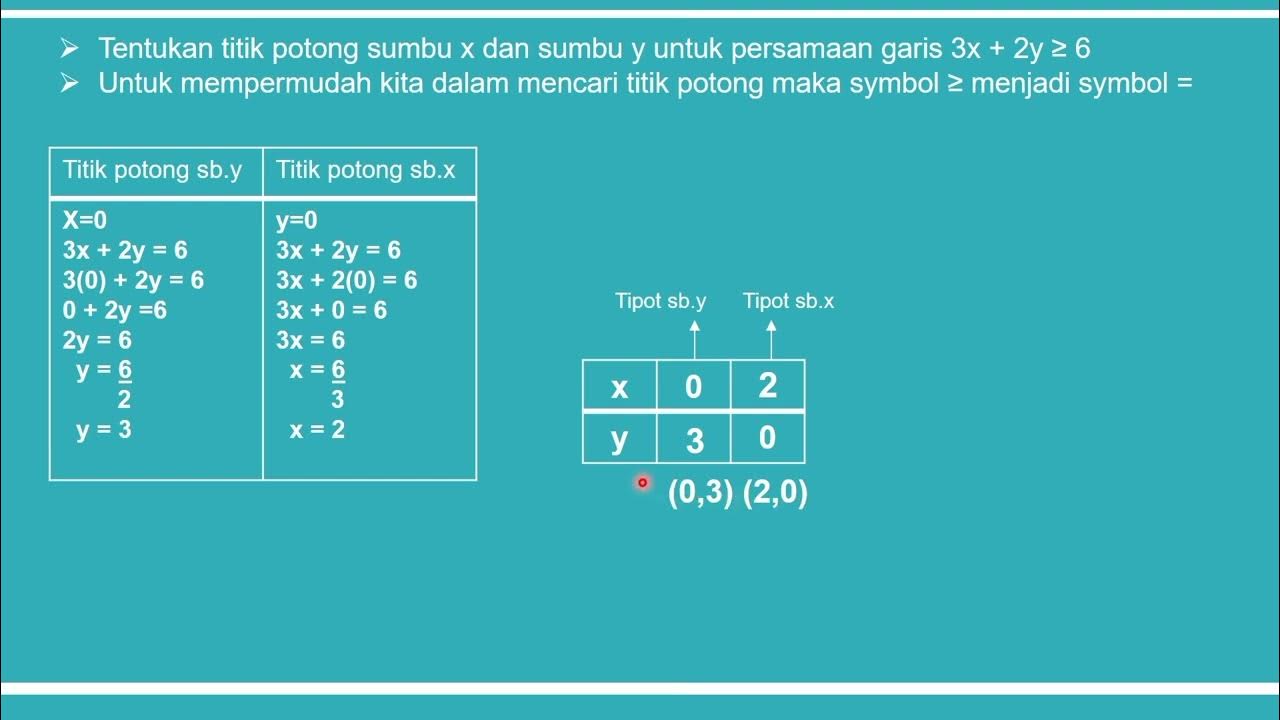Mewujudkan Masyarakat Madani I Pendidikan Agama Islam I Kelompok 6
Summary
TLDRThis presentation by Group 6 from Graphic Design Class 1C discusses the concept of 'Masyarakat Madani' (Civil Society). It covers its definition, historical background, characteristics, and the significant role of Islam in its establishment. Key topics include strategies to create a civil society, challenges faced, and the pillars that support its development, such as democracy, tolerance, and social justice. The presenters emphasize the importance of political reform, education, and social participation to achieve a democratic, just, and inclusive society, as outlined in Islamic teachings.
Takeaways
- 📚 **Definition of Civil Society**: The term refers to the community of Madinah during the Prophet Muhammad's time, characterized by democratic values and social balance.
- 🏛️ **Historical Origins**: Civil society has roots in Islamic history, with examples from Saba and Madinah, each representing distinct periods of social development and governance.
- 🌍 **Characteristics of Civil Society**: Key traits include freedom of speech, democracy, tolerance, pluralism, social justice, active participation, and rule of law.
- 🕌 **Islam's Role**: Islam plays a crucial part in fostering civil society by promoting justice, moral principles, and public welfare, as mentioned in the Quran.
- 📜 **Sejarah Masyarakat Madani**: The Saba society under Prophet Sulaiman and the Madinah community after the treaty with Rasulullah are highlighted as examples of early civil societies.
- 🛠️ **Strategies for Building Civil Society**: Reforming political systems, promoting democracy, and ensuring economic justice are key strategies for achieving a balanced and prosperous society.
- ⚖️ **Challenges**: Issues such as uneven education, poor political awareness, and corruption are hurdles in establishing a fully functioning civil society in Indonesia.
- 🏢 **Pillars of Civil Society**: Institutions like non-governmental organizations (NGOs), the press, law supremacy, universities, and political parties are vital for ensuring social control and public accountability.
- 👥 **Social Justice**: Civil society emphasizes the need for justice in economic, political, and social spheres, ensuring fairness for all individuals.
- 🛑 **Supremacy of Law**: Civil society requires that all citizens, regardless of status, are subject to the law, ensuring peace and protecting human rights.
Q & A
What is the definition of 'masyarakat madani' as presented in the transcript?
-'Masyarakat madani' refers to a civil society based on democratic principles and moral values. It is used by modern Muslim intellectuals to describe a society where individuals live in harmony, with a strong sense of justice and freedom.
Who first introduced the term 'masyarakat madani' in modern context?
-The term 'masyarakat madani' was first introduced by Anwar Ibrahim, a former Deputy Prime Minister of Malaysia. He described it as a social system grounded in moral principles, aiming for balance between societal stability and individual freedom.
What is the significance of Madinah in relation to 'masyarakat madani'?
-Madinah is significant because it was a city where Prophet Muhammad and his followers built a civilized society, often seen as an early example of 'masyarakat madani,' where democracy and justice flourished within the Muslim community.
What are the seven characteristics of a 'masyarakat madani' as outlined in the transcript?
-The seven characteristics are: 1) A free public sphere, 2) Democracy, 3) Tolerance, 4) Pluralism, 5) Social justice, 6) Social participation, and 7) Rule of law (supremacy of law).
How does Islam play a role in achieving 'masyarakat madani'?
-Islam plays a key role by encouraging justice, social welfare, and moral values. The Quran, particularly in Al-Imran verse 110, emphasizes the importance of promoting good and preventing evil, which aligns with the principles of 'masyarakat madani.'
What were the two historical examples of 'masyarakat madani' mentioned in the transcript?
-The two historical examples mentioned are the society of Saba and the society of Madinah. Saba was known for its prosperity and moral governance, while Madinah was the early Islamic community formed after the Treaty of Madinah.
What role did Ratu Bilqis play in the society of Saba?
-Ratu Bilqis initiated the construction of the Marib Dam to resolve conflicts over water resources in Saba. Her leadership contributed to the prosperity and unity of her people, though they eventually reverted to their old beliefs.
What are the key challenges in achieving 'masyarakat madani' in Indonesia today?
-The key challenges include: inadequate human resource quality, poor management of zakat and waqf, low political education, government corruption (KKN), economic instability, and high unemployment due to limited job opportunities.
What are the primary institutions or pillars that support 'masyarakat madani'?
-The key pillars include Non-Governmental Organizations (NGOs), the press (media), rule of law, universities, and political parties. These institutions play critical roles in promoting justice, transparency, and public engagement.
What are the benefits of achieving 'masyarakat madani' according to the transcript?
-The benefits include the creation of an open and democratic society that respects human rights, fosters social justice, promotes ethical governance, and allows for individual freedoms within a stable, moral, and lawful society.
Outlines

This section is available to paid users only. Please upgrade to access this part.
Upgrade NowMindmap

This section is available to paid users only. Please upgrade to access this part.
Upgrade NowKeywords

This section is available to paid users only. Please upgrade to access this part.
Upgrade NowHighlights

This section is available to paid users only. Please upgrade to access this part.
Upgrade NowTranscripts

This section is available to paid users only. Please upgrade to access this part.
Upgrade NowBrowse More Related Video

Kewarganegaraan - Masyarakat Madani: Alif Lukmanul Hakim, S.Fil., M.Phil (Komunikita Eps. 55)

Aplikasi Syari’ah (Politik Islam)

POLITENESS AND INTERACTION 6TH GROUP

Materi:Himpunan Penyelesaian Sistem Pertidaksamaan Linear (Dua) Variabel" (SPTLDV) Kelompok-1

PAN Diskusi P.9 (Farmasi54)

Urgensi dan Tantangan Ketahanan Nasional
5.0 / 5 (0 votes)